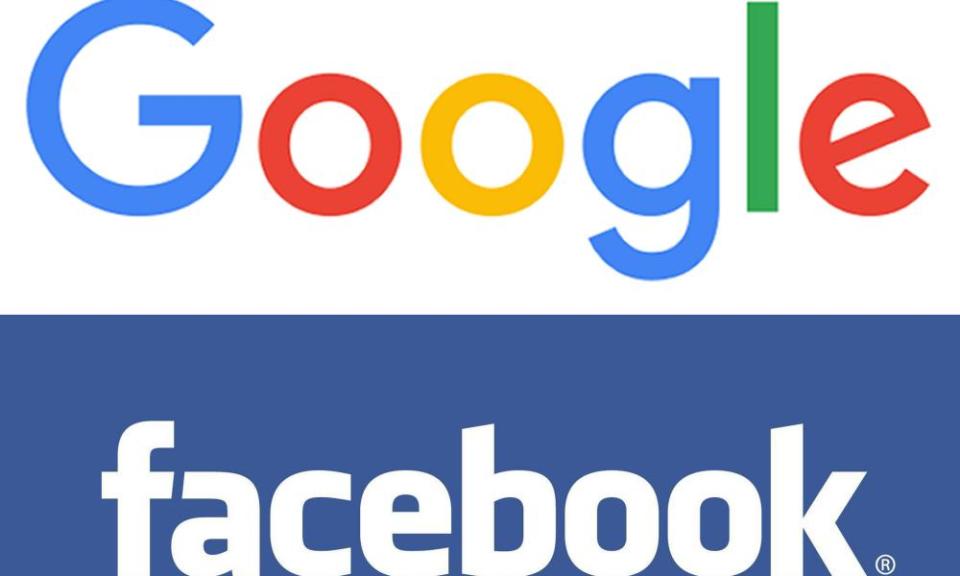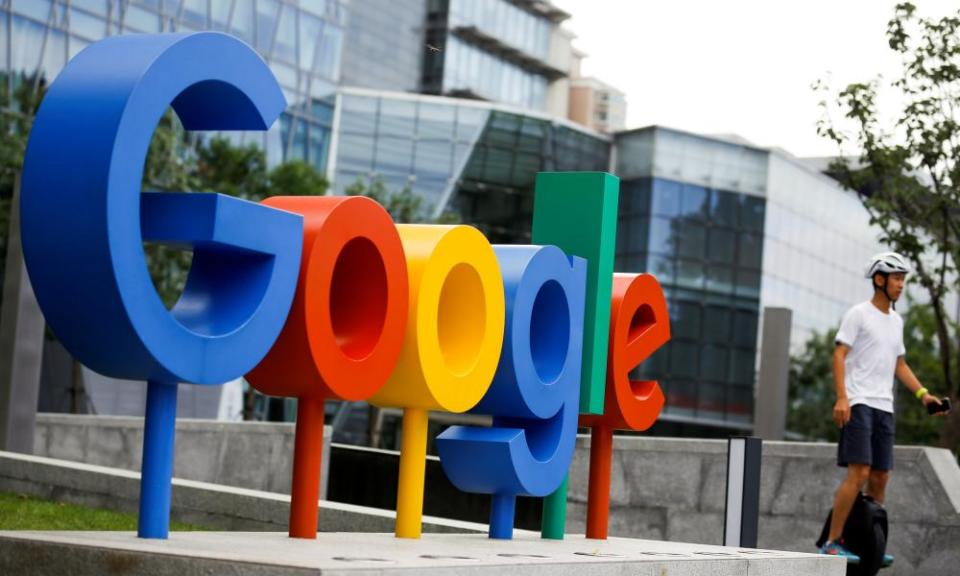Google and Facebook to push hard against proposal for regulatory body

Google and Facebook are expected to push back hard against proposals to set up a new authority that would monitor how they use their market power and the operation of algorithms that drive the placement of news and advertising content on their sites.
Publicly, the two digital multinationals say they are studying the nearly 400-page report released by the Australian Competition and Consumer Commission on Monday.
“We develop innovative products to the benefit of consumers, businesses and the economy, and we work closely with advertisers and publishers across Australia. We will continue to engage with the ACCC between now and the final report next year, said Google in a statement.
But behind the scenes there is consternation about the ACCC’s proposal to set up a new regulatory body which would have the specific job of monitoring large digital platforms.
This is particularly so as the ACCC is the first globally to grapple with a response to the market power of Google and Facebook.
Launching the report, ACCC chairman Rod Sims explained it considers the strong market position of digital platforms such as Google and Facebook justifies a greater level of regulatory oversight.
His report outlined in great detail how the two big digital platforms were in a position of substantial market power in a number of markets, from providing search services to digital advertising to disseminating news.
“Australian law does not prohibit a business from possessing significant market power or using its efficiencies or skills to ‘out compete’ its rivals. But when their dominant position is at risk of creating competitive or consumer harm, governments should stay ahead of the game and act to protect consumers and businesses through regulation,” he said.
He also said his recommendations were well fleshed out so that interested parties can respond in detail. The ACCC made it clear it was not necessarily wedded to its proposals at this stage.

A final report will come next year, around June, after another round of submissions.
But the ACCC’s central recommendation is the new regulator. It would be a body that would have the power to require information on how digital platforms devise their algorithms – the machine-driven formulas that rank content and determine what users will see first.
It would also look at whether the platforms were favouring their own businesses ahead of others – for example was Google ranking Google Shopping higher than competitor comparison sites? And it could look at the impact of vertical integration by the behemoths: buying up multiple platforms such as Instagram and YouTube, and getting involved in intermediation services, such as advertising and analytics.
At Facebook there is puzzlement at how the new body would monitor the algorithms and what exactly the problem is that the ACCC is trying to address.
Would the company be required to file source code or just report on broad rules they are applying, or something else?
It argues there are really billions of algorithms, because what appears on a person’s Facebook page is driven by their past usage and interaction with posts on the site.
But there are also broad rules that prioritise posts in feeds. After the 2016 US election and concerns about filter bubbles and fake news, Facebook has given greater weight to posts from family and friends. It says it made these major changes transparent and that it discusses major changes with media companies who might be affected.
In short, it thinks this is a solution in search of a problem.
Much of the angst in the media companies’ submissions was directed at Google’s search and how it ranks various media. News Corp Australia was particularly upset at what it perceived as down-ranking of sites which have paywalls.
Being at the top of the search can be critical in driving traffic back to the media company’s website, particularly when a major story is breaking.
But Facebook argues that because it respects paywalls, people don’t often share inaccessible stories.
Google says it provides significant economic value to publishers in the form of traffic, which publishers can then monetise.
“Every click we send to a publisher’s site has a real return and provides an opportunity for publishers to turn readers into subscribers. Through Google search and Google news we send more than 10 billion visits to publishers globally each month,” it said.
The ACCC has also asked for feedback on whether an ombudsman could be established to deal with complaints about digital platforms from consumers, advertisers, media companies and other business users of digital platforms.
This recommendation appears to be less contentious, and could provide a much smoother interface for complaints about Google and Facebook. A similar scheme operates in telecommunications and is funded by the industry itself.
News Corp Australia, which in the past has railed against government intervention in markets, particularly in the media, welcomed the report in an editorial in the Australian.
“While some ideas propose worrying levels of intervention, a better operating environment is needed. The ACCC is right to focus on higher visibility and more oversight, but it will take a good deal more work to find the precise formula – this is one of the few answers you can’t just Google,” the Australian said.
Nine Entertainment Co, which has recently taken over Fairfax Media, said the report suggested “some promising and real solutions that are encouraging”.
The commercial television industry, represented by Free TV, said it was particularly pleased to see the ACCC has recognised that traditional media companies operate under heavy regulatory frameworks compared with almost none on Facebook and Google.
“The need for better takedown procedures for copyright infringement, lack of transparency around algorithms and the potential for Google and Facebook to favour related businesses in advertising markets have also rightly been called out as priority areas for regulatory intervention,” chief executive Bridget Fair said.

 Yahoo Finance
Yahoo Finance 